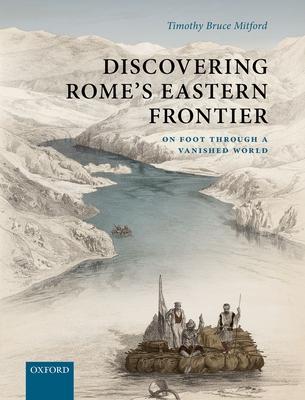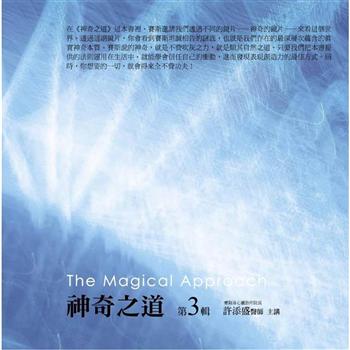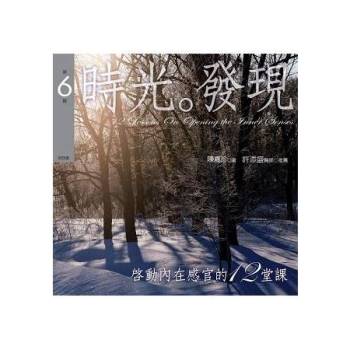The eastern frontier of the Roman Empire extended from northern Syria to the western Caucasus, across a remote and desolate region 800 miles from the Aegean. It followed the great Euphrates valley to penetrate the harsh mountains of Armenia Minor and south of the Black Sea, along the Pontic coast to the finally reach the foothills of the Caucasus. Though vast, this terrain has long remained one of the great gaps in our knowledge of the ancient world, barely visited and effectively unknown -- until now. Here, Timothy Bruce Mitford offers an account of half a century of research and exploration over sensitive territory, in challenging conditions, to discover the material remains of Rome’s last unexplored frontier.
The geographical framework introduces frontier installations as they occur: fortresses and forts, roads, bridges, signalling stations, and navigation of the Euphrates. The journey is enriched with observations of consuls and travellers, memories of Turkish and Kurdish villagers, and notes and photographs of a way of life little changed since antiquity. The process of discovery was mainly on foot; staying in villages with local guides, following ancient tracks, and conversing with great numbers of people - provincial and district governors, village elders and teachers, police and jandarma, farmers and shepherds, and everyone in between. This came with its perils and pleasures; encounters with treasure hunters and apparent bandits, tales of saints and caravans, arrests and death threats, bears and wild boars, rafts and fishing, earthquakes, all amid the tumultuous events of the second half of the twentieth century. Richly illustrated with large-scale maps, photographs, and sketches, this is an account of travel and discovery, set against a background of a disappearing world encountered in the long process of academic exploration.| FindBook |
有 1 項符合
Discovering Rome’’s Eastern Frontier: On Foot Through a Vanished World的圖書 |
 |
Discovering Rome’’s Eastern Frontier: On Foot Through a Vanished World 作者:Mitford 出版社:Oxford University Press, USA 出版日期:2022-03-22 語言:英文 規格:精裝 / 496頁 / 普通級/ 初版 |
| 圖書館借閱 |
| 國家圖書館 | 全國圖書書目資訊網 | 國立公共資訊圖書館 | 電子書服務平台 | MetaCat 跨館整合查詢 |
| 臺北市立圖書館 | 新北市立圖書館 | 基隆市公共圖書館 | 桃園市立圖書館 | 新竹縣公共圖書館 |
| 苗栗縣立圖書館 | 臺中市立圖書館 | 彰化縣公共圖書館 | 南投縣文化局 | 雲林縣公共圖書館 |
| 嘉義縣圖書館 | 臺南市立圖書館 | 高雄市立圖書館 | 屏東縣公共圖書館 | 宜蘭縣公共圖書館 |
| 花蓮縣文化局 | 臺東縣文化處 |
|
|
圖書介紹 - 資料來源:博客來 評分:
圖書名稱:Discovering Rome’’s Eastern Frontier: On Foot Through a Vanished World
內容簡介
作者簡介
Timothy Bruce Mitford, Associate Member, Corpus Christi College Centre for the Study of Greek and Roman Antiquity, University of Oxford
(Oxford University Press).
|











